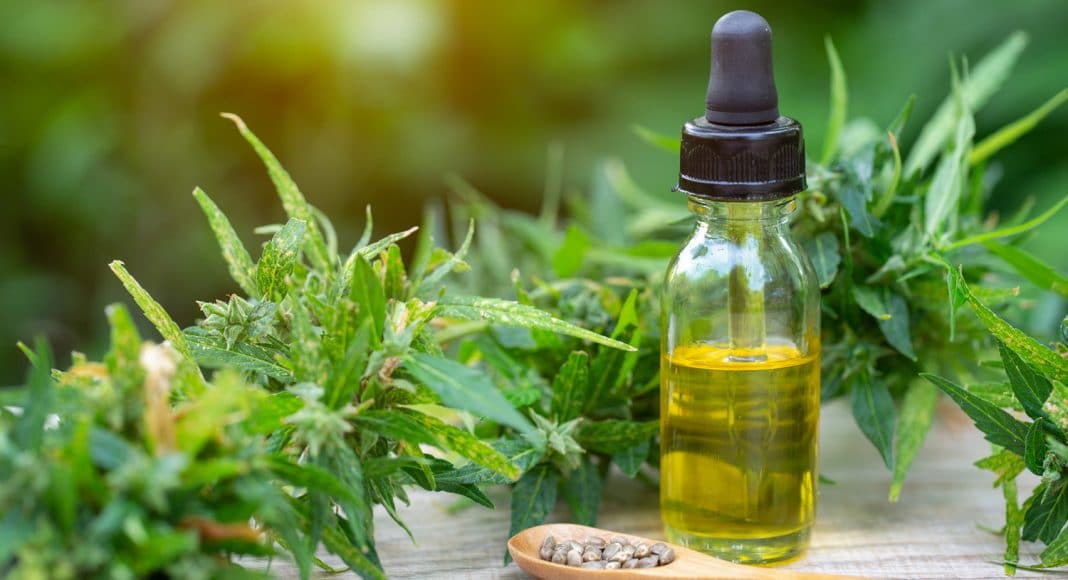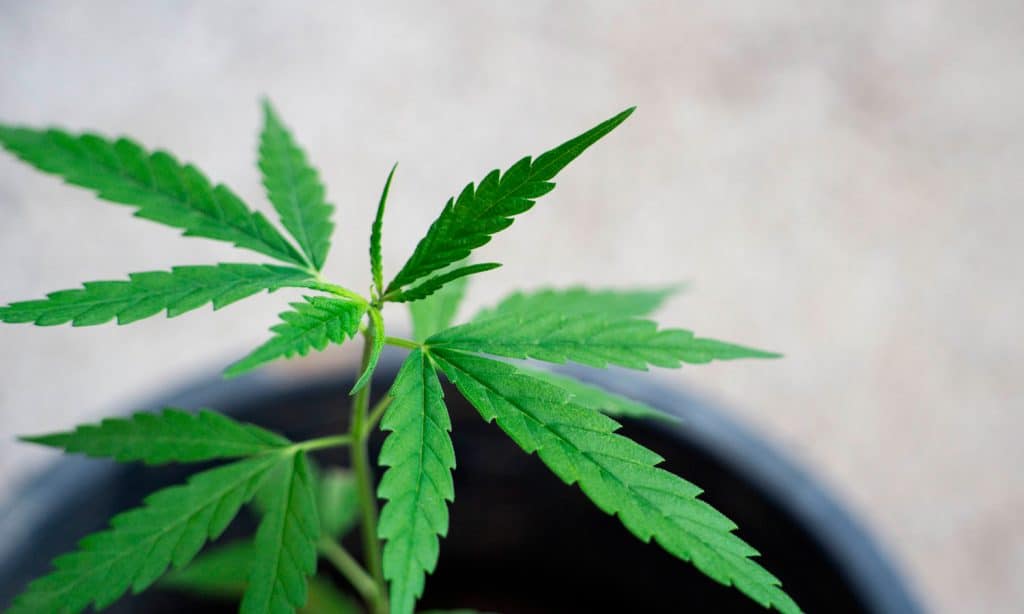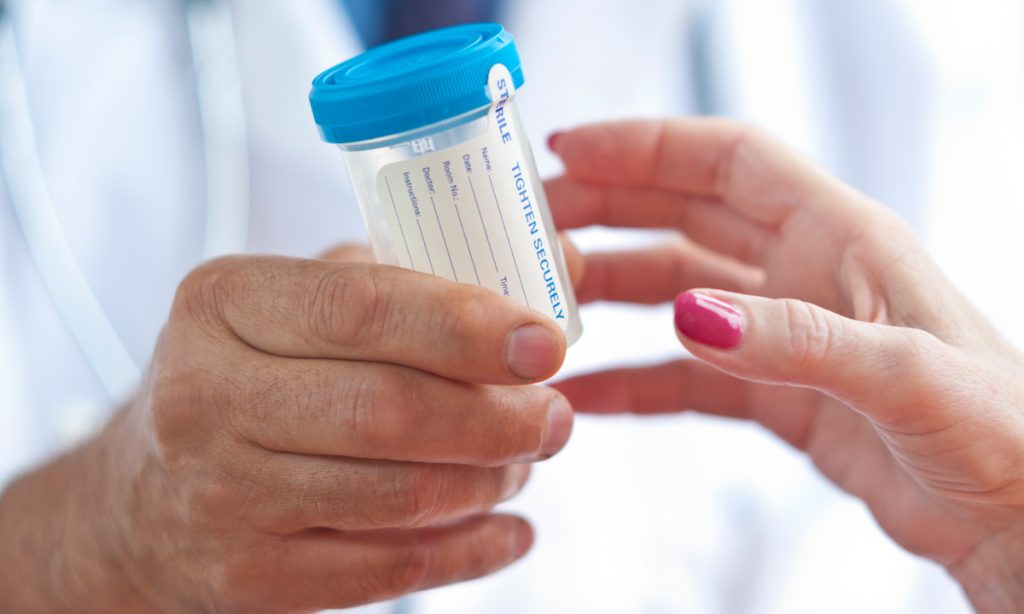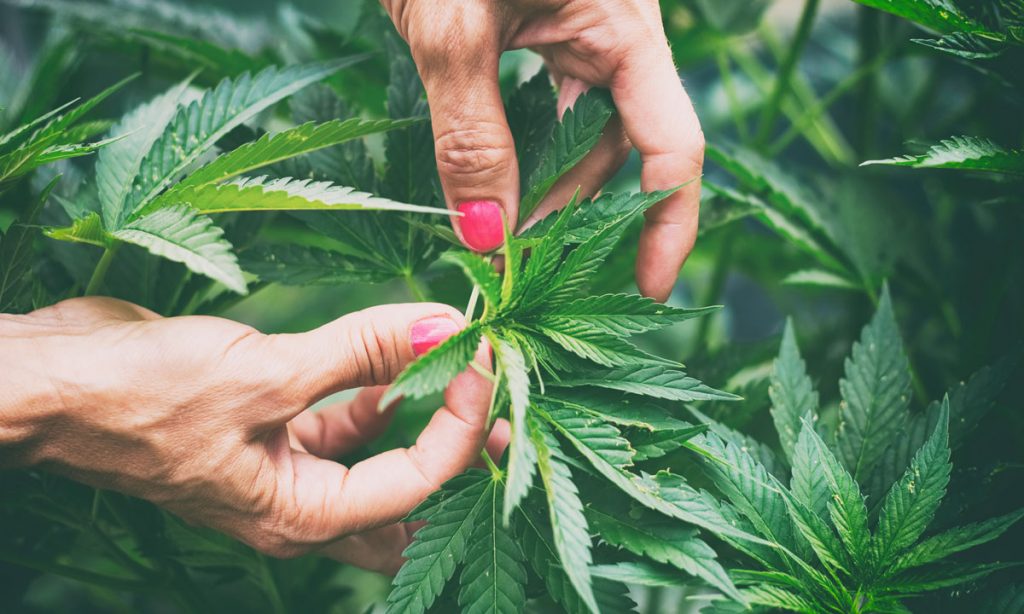You are here
Home 🌿 Recreational Marijuana News 🌿 CBD Might Not Cause You To Fail a Drug Test, But CBN Might 🌿CBD Might Not Cause You To Fail a Drug Test, But CBN Might

Some reports indicate the cannabis component is on its way to becoming the next rockstar cannabinoid of the legal weed movement.
There have been several reports over the past year or so suggesting that people all over the country who use hemp-derived cannabidiol (CBD) products are failing drug tests. This is apparently happening as the lack of FDA regulations has allowed cannabis companies to be inconsistent in their manufacturing process.
So, while these products are only supposed to contain no more than 0.3% THC (not enough to get you high or cause a failed drug screen), some have more. But a 2019 study suggests that CBD users really don’t have much to worry about when it comes to the possibility of failing a drug screen. However, if they are using another emerging, cannabis-derivative known as cannabinol (CBN), they might be putting themselves at risk.

Photo by pxfuel
Researchers at the University of Utah Health Science Center say that CBN users could have a difficult time passing a drug test. It seems that while examining a handful of cannabinoids to determine which of them, if any, might react with immunoassays — the most common type of drug test available — they found that CBN was more likely to cause a false positive for marijuana than other cannabinoids, such as CBD or cannabichromene (CBC) and cannabigerol (CBG).
Specifically, the study shows that the Beckman Coulter Emit II Plus Cannabinoid test can register a positive for pot with as little as 100 ng/ml CBN. Researchers say drug testing pros should keep this in mind.
“These findings will help with interpreting drug screening immunoassay results,” said lead researcher Grace Kroner, Ph.D.“If physicians and laboratorians know a patient is taking CBN, they can consider that if they get a positive from an immunoassay. On the flip side, providers can also be more certain when they get a positive marijuana result that it’s not due to pure CBD oil alone. These results are always assay dependent, though, so the field needs to keep this in mind.”

Photo by KLH49/Getty Images
Although most Americans have not yet heard of CBN, some reports indicate the cannabis component is on its way to becoming the next singled out rockstar cannabinoid of the legal weed movement. Anecdotal studies have shown that it may have just as many therapeutic properties as our old friend CBD.
It is presently being marketed as a sleep aid, even though there is apparently little evidence to prove its efficacy. But lack of proof has not stopped CBD from becoming one of the hottest crazes to sweep the United States since The Beatles. Why should CBN be any different?
Unlike CBD, the cannabis plant doesn’t produce a lot of the CBN compound on its own. It is more prevalent through the breakdown of THC. Without getting overly scientific, CBN is created when THC is heated (flame or sunlight) and becomes exposed to oxygen.

Photo by Zbynek Pospisil/Getty Images
Interestingly, CBN manifests naturally, the older the cannabis gets. This means the weed you found underneath your couch the other day that, by your best assessment, has been there since 1994, probably contains more CBN than THC. And just like CBD, CBN is also found in hemp, which is now legal nationwide. This is one of the reasons that some predict the CBN compound is on the verge of breaking onto the scene in significant ways.
Still, for those who decide to use this product to help combat insomnia, the warning is you might find yourself in an unsavory situation due to a failed drug test. However, it is safe to say that more research is needed before we have a grip on the pros and cons of this or any other cannabinoid.
Consumers, though, should be leery of both CBD and CBN products currently finding their way to market. A recent report from Forbes shows that some of these products are sometimes being manufactured using dangerous chemicals, including synthetic marijuana.
420 Intel is Your Source for Marijuana News
420 Intel Canada is your leading news source for the Canadian cannabis industry. Get the latest updates on Canadian cannabis stocks and developments on how Canada continues to be a major player in the worldwide recreational and medical cannabis industry.
420 Intel Canada is the Canadian Industry news outlet that will keep you updated on how these Canadian developments in recreational and medical marijuana will impact the country and the world. Our commitment is to bring you the most important cannabis news stories from across Canada every day of the week.
Marijuana industry news is a constant endeavor with new developments each day. For marijuana news across the True North, 420 Intel Canada promises to bring you quality, Canadian, cannabis industry news.
You can get 420 Intel news delivered directly to your inbox by signing up for our daily marijuana news, ensuring you’re always kept up to date on the ever-changing cannabis industry. To stay even better informed about marijuana legalization news follow us on Twitter, Facebook and LinkedIn.




